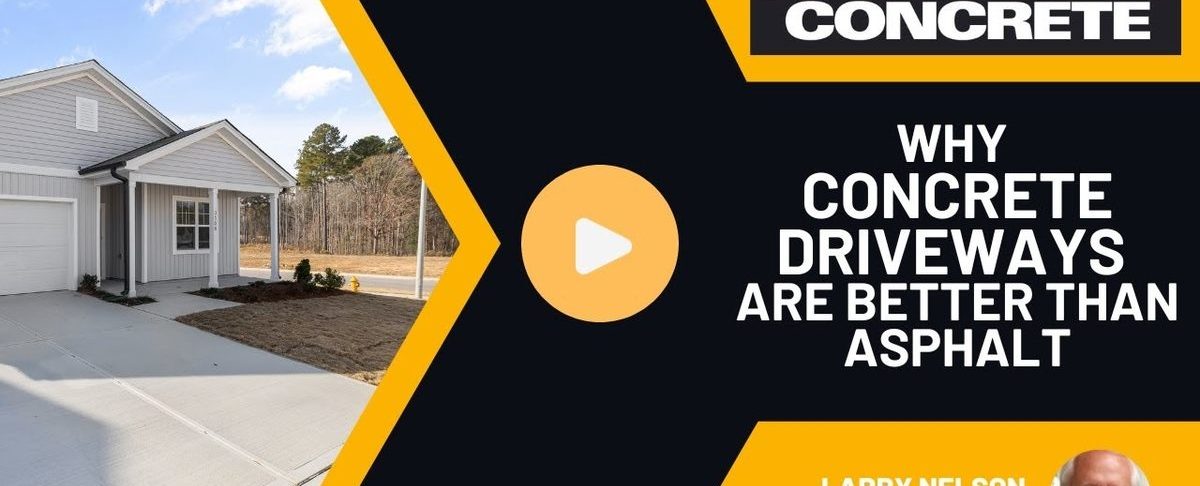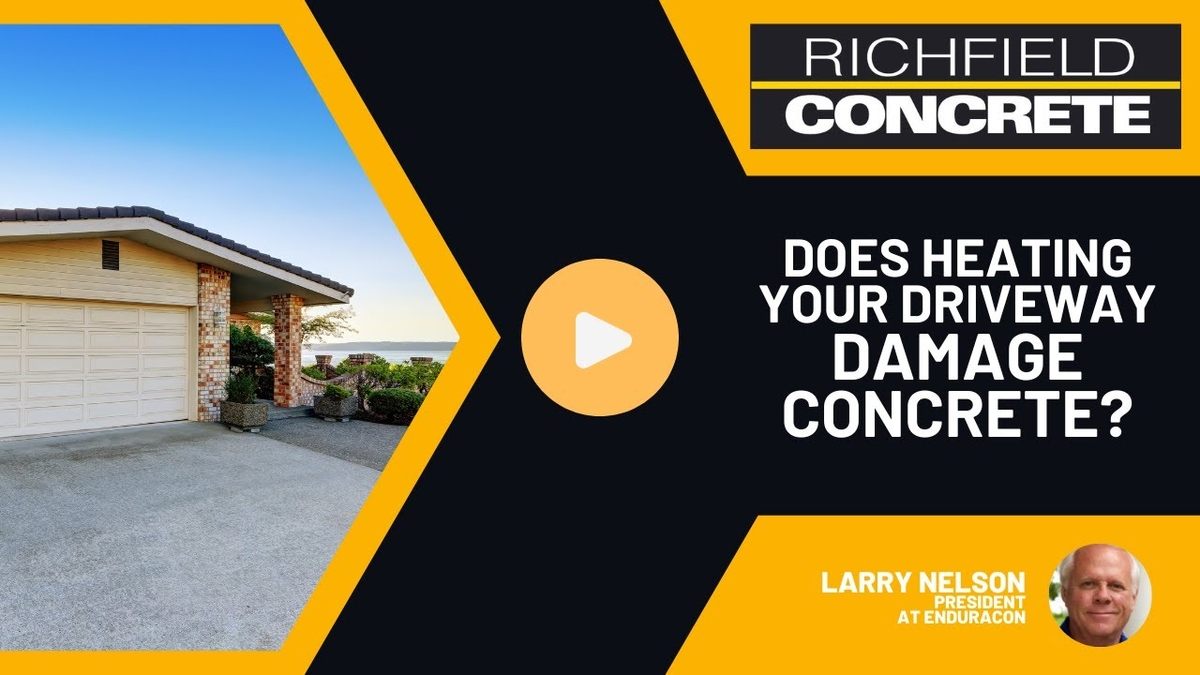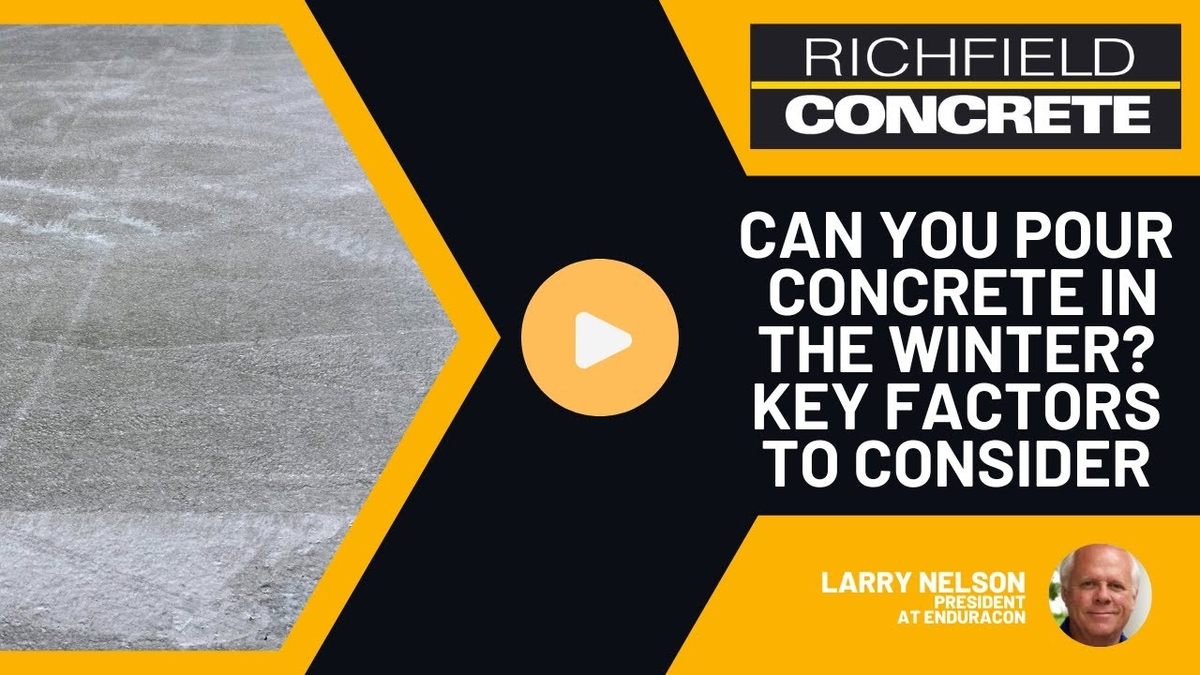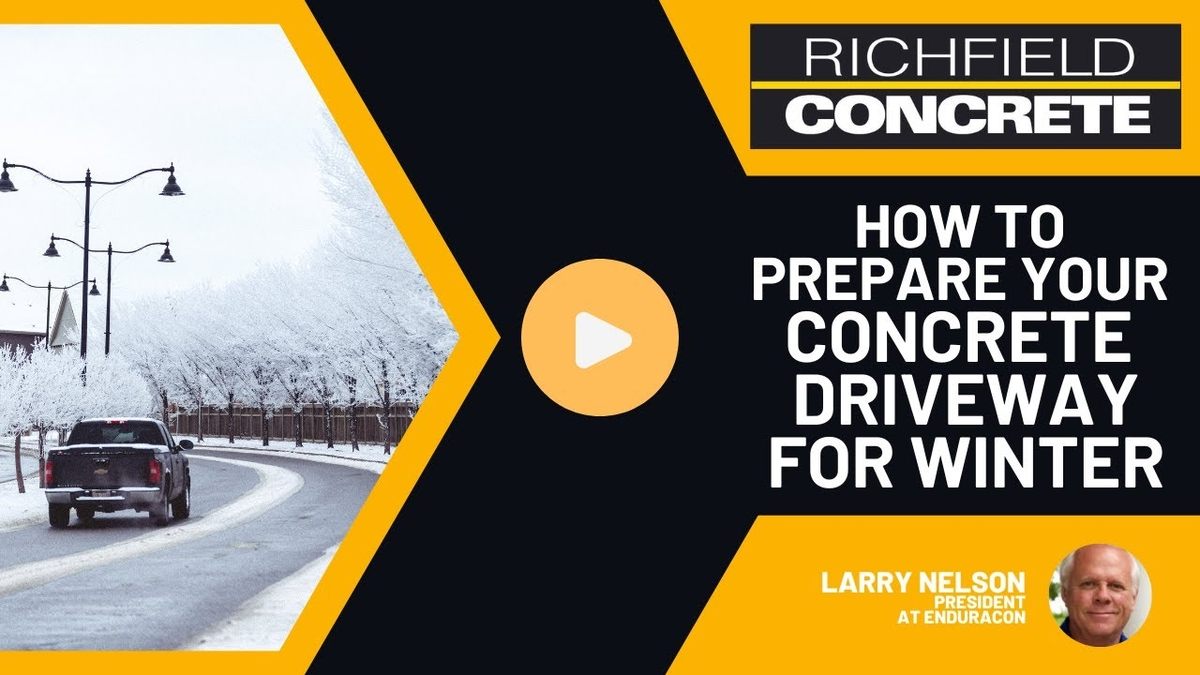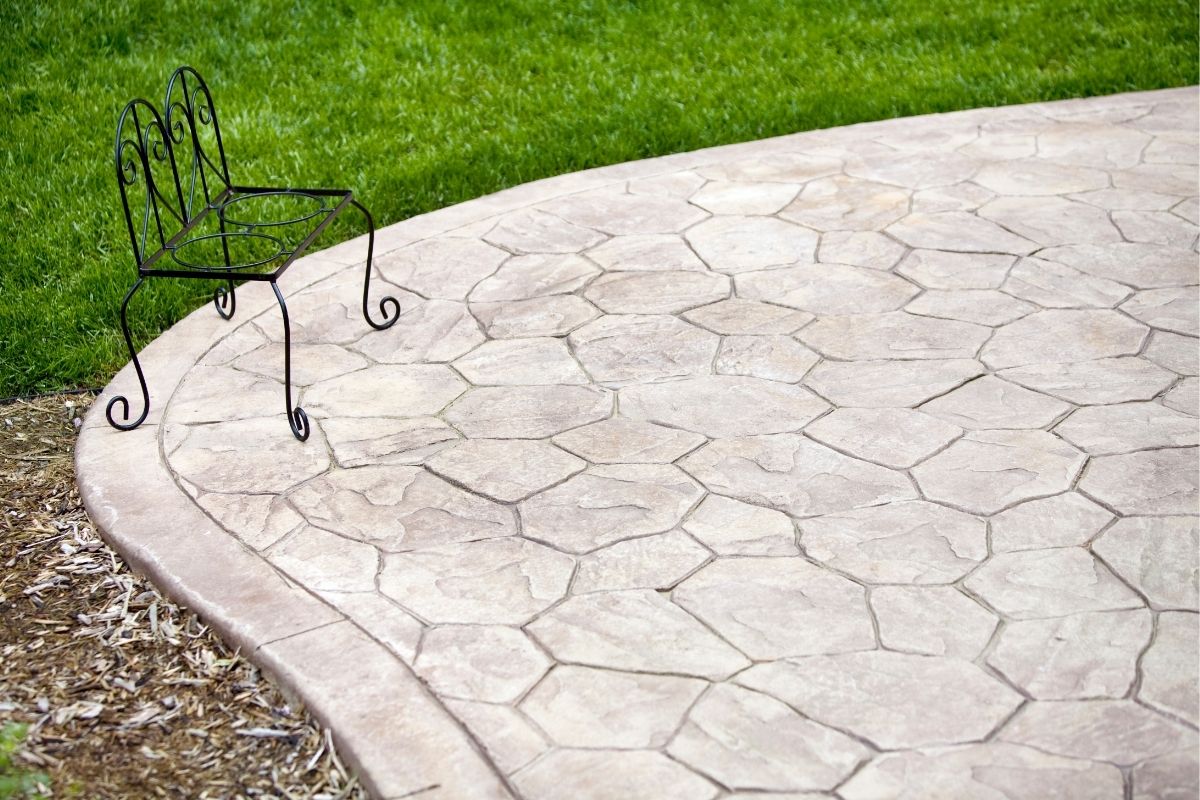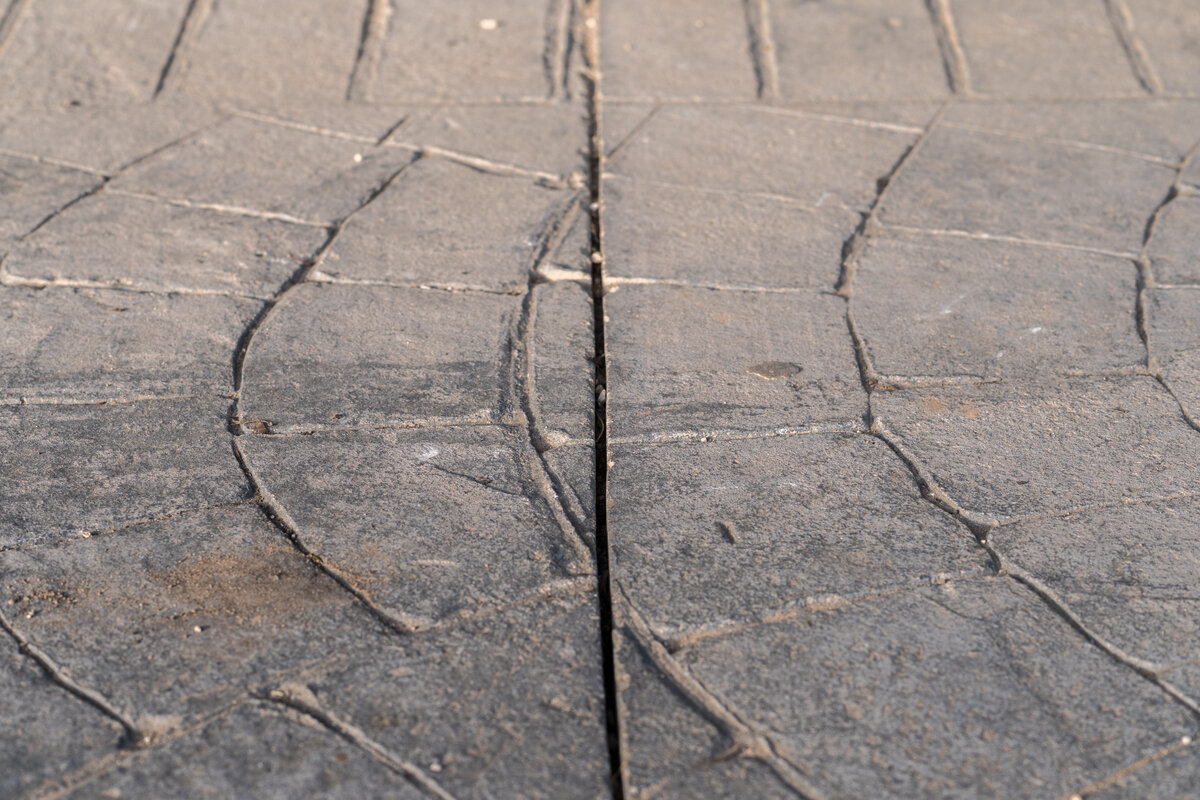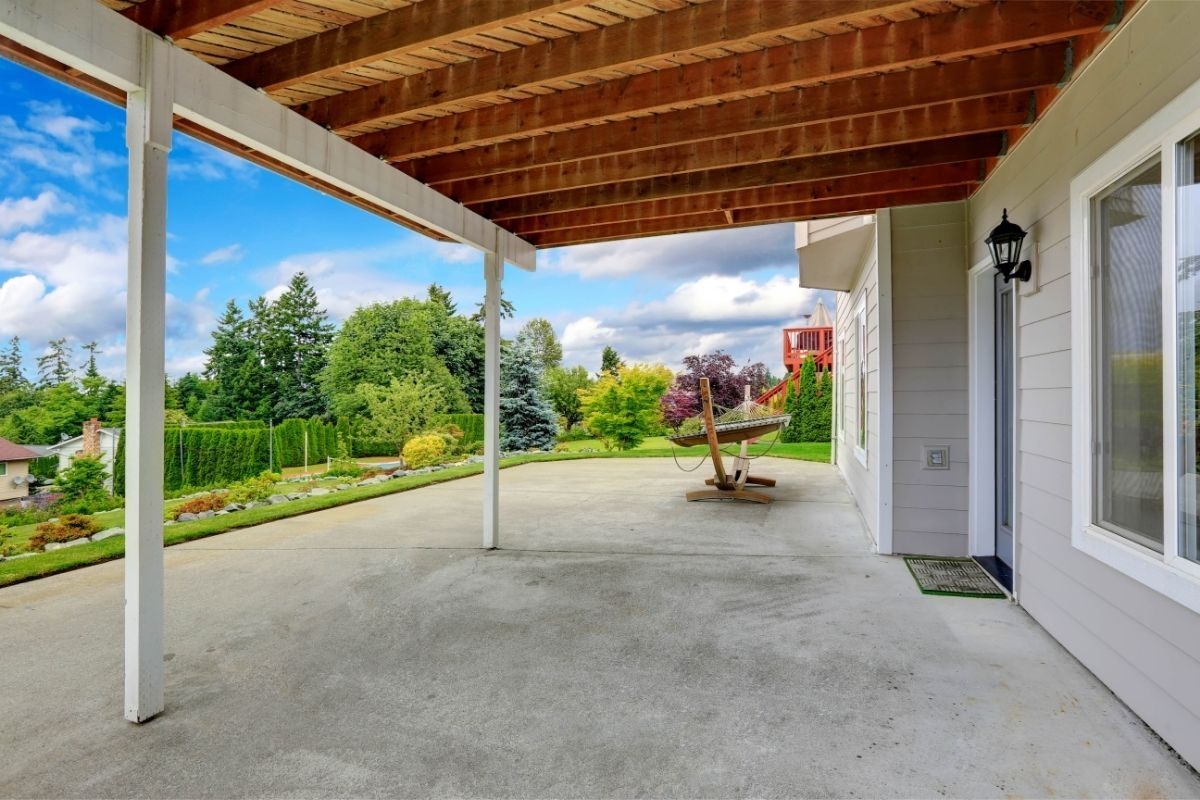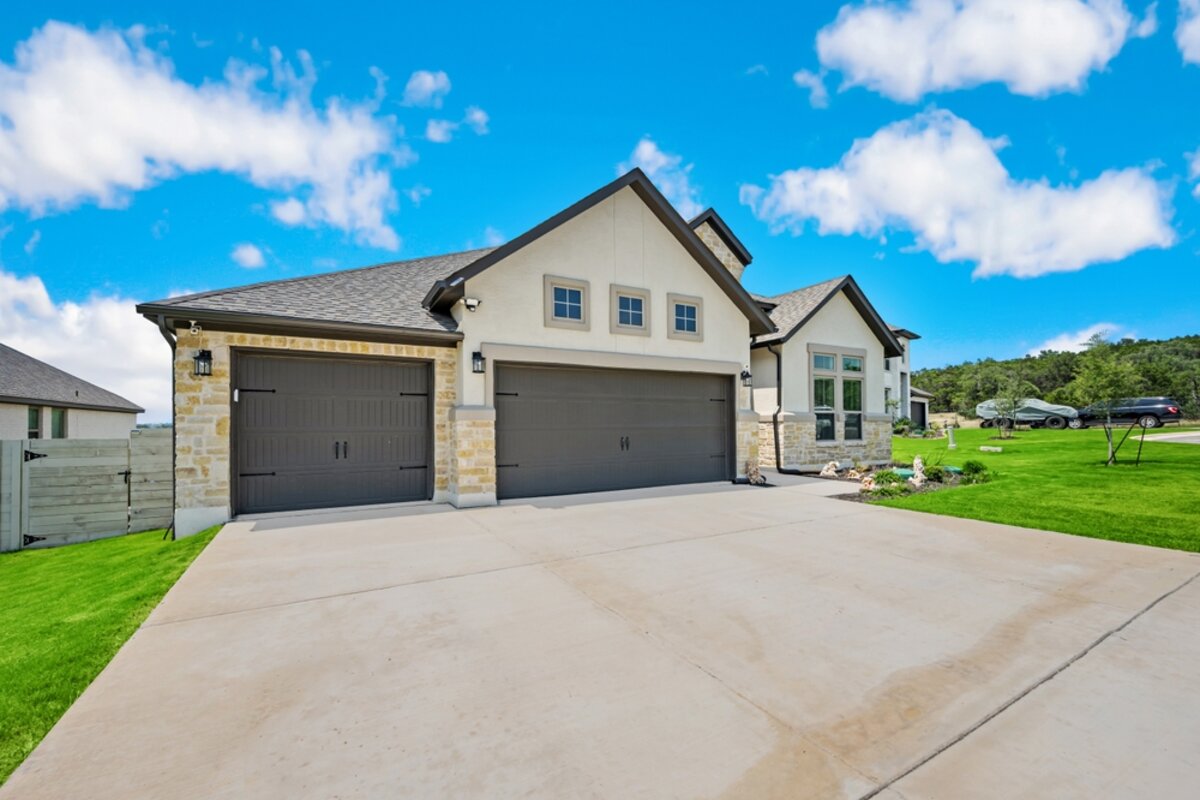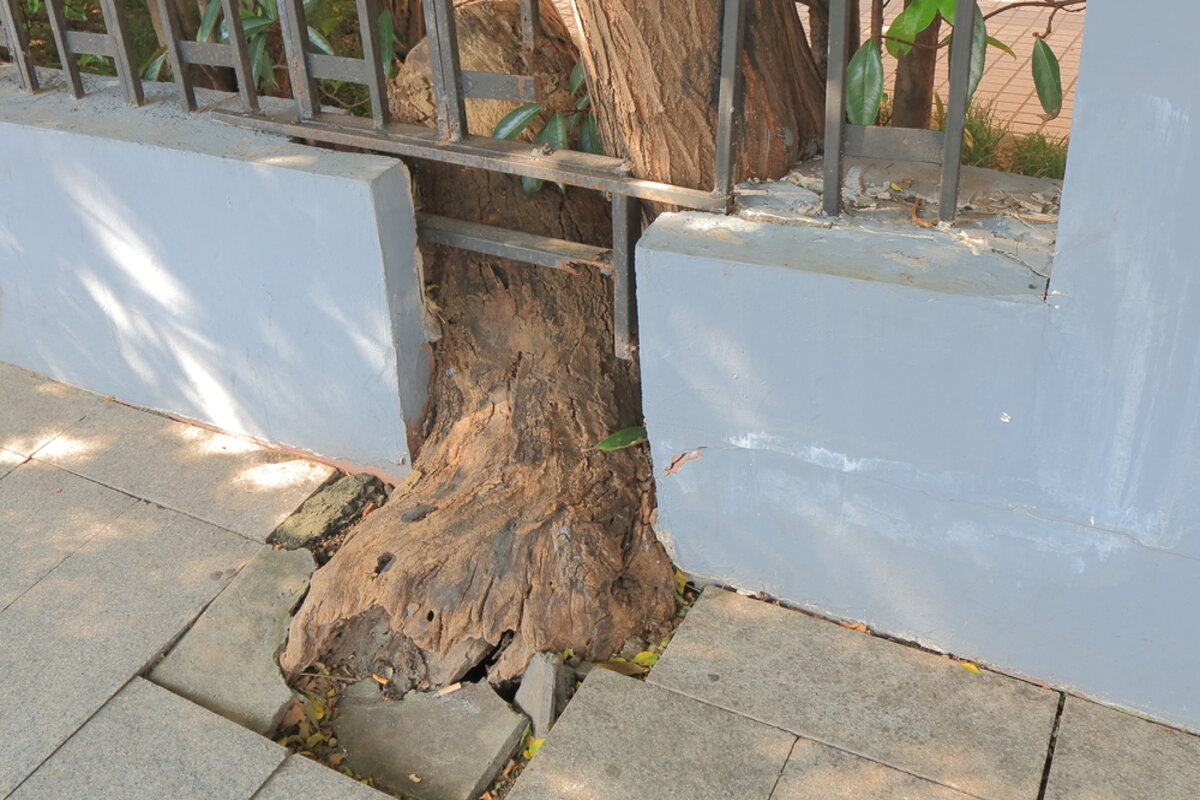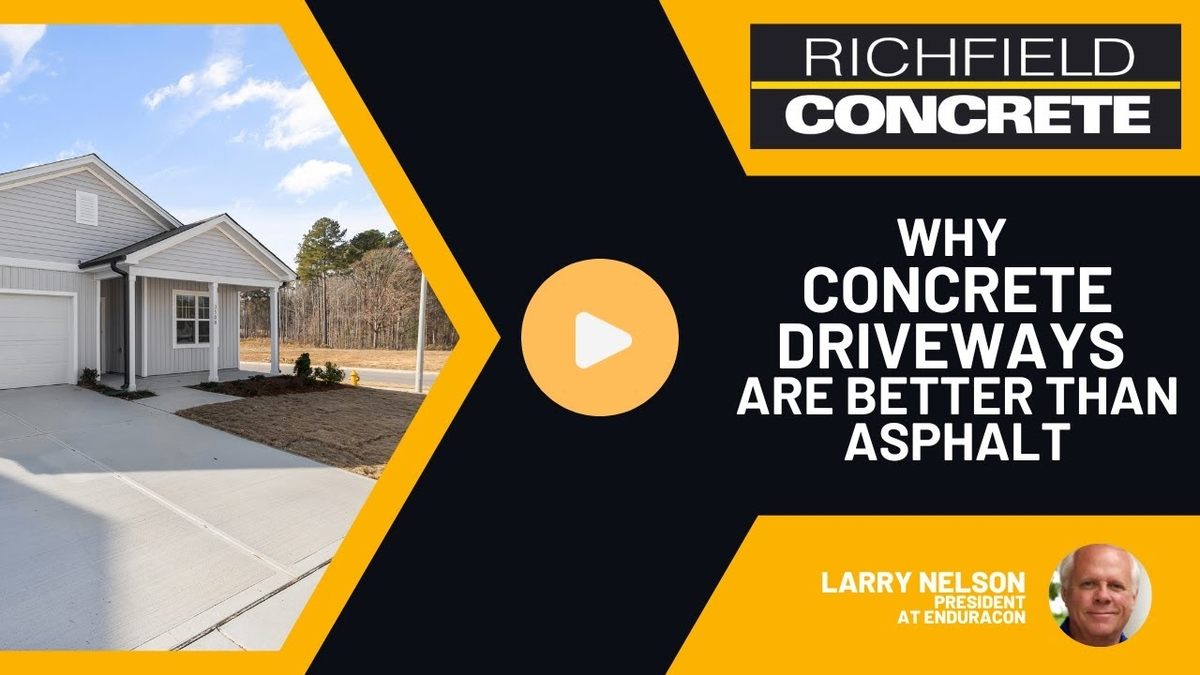
Why Concrete Driveways Are Better Than Asphalt
When choosing a new driveway, homeowners must select a material that balances aesthetic appeal with durability, maintenance, and cost. By weighing these factors, homeowners can make an informed choice that will boost functionality and curb appeal for years. This is especially true when considering options like concrete driveways. Selecting the ideal material for your driveway is crucial for long-term satisfaction and property value. At Richfield Concrete, homeowners frequently weigh the




